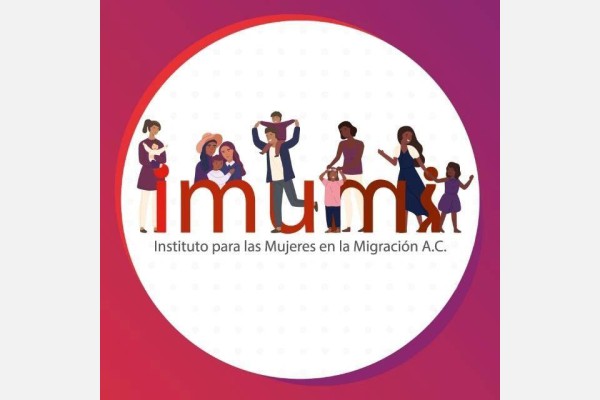Repository of Practices

Collecting data about women’s climate change displacement in Mexico
Dates
Type of practice
Summary
Quantifying environmental displacement is challenging given the multiple drivers of such movement, related methodological challenges, and the lack of willingness of the government to include climate change indicators in official migration data. In Mexico, official statistics on the number of entries, irregular migrants, visa issuing, resident permits, deportations, asylum seekers, migration detention, and others are deficient and do not provide accurate and timely information. Recently, the official data has started to include sex and age disaggregation; however, intersectionality needs to still be reflected in all categories. To the date, the Ministry of the Interior has not published an estimate on environmentally internationally displaced populations. For this reason, the Institute for Women in Migration (IMUMI), a national NGO advocating for women's rights in all phases of migration, started to collect surveys for its clients about the links between migration and the environment as a driver. The IMUMI's Legal Clinic provides comprehensive accompaniment for women migrants, asylum seekers, refugees, and returnees and their families in Mexico. Through its protocol that includes a welcome survey, IMUMI's staff now ask six questions about the changes in the environment in their communities and the situation in their place of origin. Once the survey is done, IMUMI's clients provide more information through an in-depth interview where our social work staff identify their legal, psychological, and basic needs, they now ask further questions related to climate displacement if needed. For instance, IMUMI's staff now deep dive into how our client's project life changed due to food scarcity, disasters, or other adverse effects of climate change.
Organizations
Main Implementing Organization(s)
Detailed Information
Benefit and Impact
Key Lessons
Only trained IMUMI staff are allowed to conduct in-depth interviews. Moreover, the systematization of data requires time and capacity from IMUMI’s staff. Also, it was challenging to select the questions that provide insight into understanding mobility decisions, triggers, and drivers. For example, using a ranking scale to allow displaced people to indicate the extent to which each factor influenced their decision-making. This gives better insight into motivations based on culture, identity, or specific needs leading to more effective and context-specific assistance.
Recommendations(if the practice is to be replicated)
- should be taken into consideration that the questions may change and/or adapt over time.
-Knowledge of the geographical context of the places of origin of the population
-Work alongside awareness campaigns with the target population; one problem we have noticed is that migrants do not always recognize the impact that the effects of climate change may have on their migratory movements.
Innovation
This data collection practice is people-centered because it enforces active listening from women impacted by migration. IMUMI listens to and gathers information for and with clients. In the welcome survey and deep interview IMUMI sees people's answers as lived experiences and contributions. Clients are truly listened to and are kept at the heart of all decision-making; how IMUMI's service is commissioned, provided, and organized. They decided if their information could be stored or made public and on their terms, as they are the right holder of the climate displacement information.
On the other hand, this practice is gender sensitive because IMUMI ensures that all data is disaggregated data by gender, age, income, people with disabilities, and other important information that is often missing from disaster and climate-related displacement data.
Additional Resources
Date submitted:
Disclaimer: The content of this practice reflects the views of the implementers and does not necessarily reflect the views of the United Nations, the United Nations Network on Migration, and its members.
More Related Practices:
- Strengthening the capacities and frameworks to collect data and evidence on migration, the environment and climate change (MECC) in Mexico
- Disaggregated Data Action Plan (DDAP) - Statistics Canada
- Immigration, Refugees, and Citizenship Canada’s Use of Gender Based Analysis Plus (GBA Plus)
- Tablero Interactivo Estadísticas sobre Movilidad y Migración Internacional en México
- International Labour Migration Statistics (ILMS) Database in the Association of Southeast Asian Nations (ASEAN) region
Peer Reviewer Feedback:
*References to Kosovo shall be understood to be in the context of United Nations Security Council resolution 1244 (1999).
Newsletter
Subscribe to our newsletter.